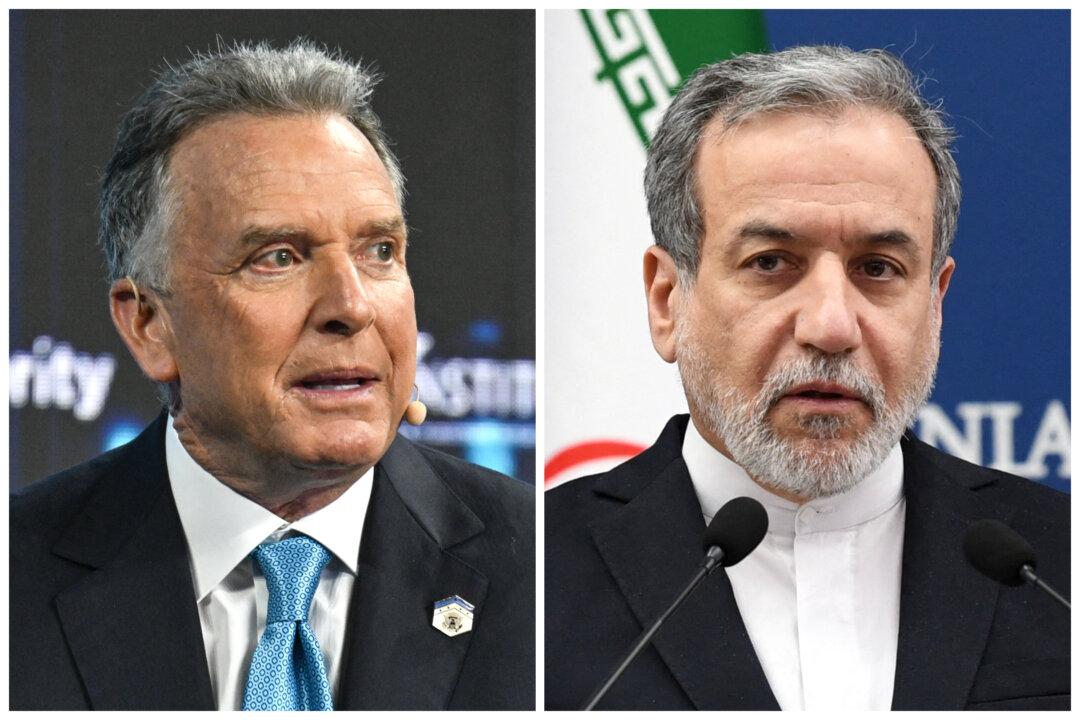U.S. special presidential envoy Steve Witkoff arrived in Rome on April 19 for a second round of talks with Iranian Foreign Minister Abbas Araghchi, as U.S. President Donald Trump seeks a new deal to curb Tehran’s nuclear ambitions.
During his first term in office, Trump withdrew the United States from a 2015 deal to limit Iran’s nuclear development, reimposed sanctions, and called for a new framework to prevent Tehran from obtaining a nuclear weapon. Tehran, in turn, has backed away from its commitments under the 2015 deal to cap its uranium stockpiles and limit uranium enrichment to 3.67 percent purity.





